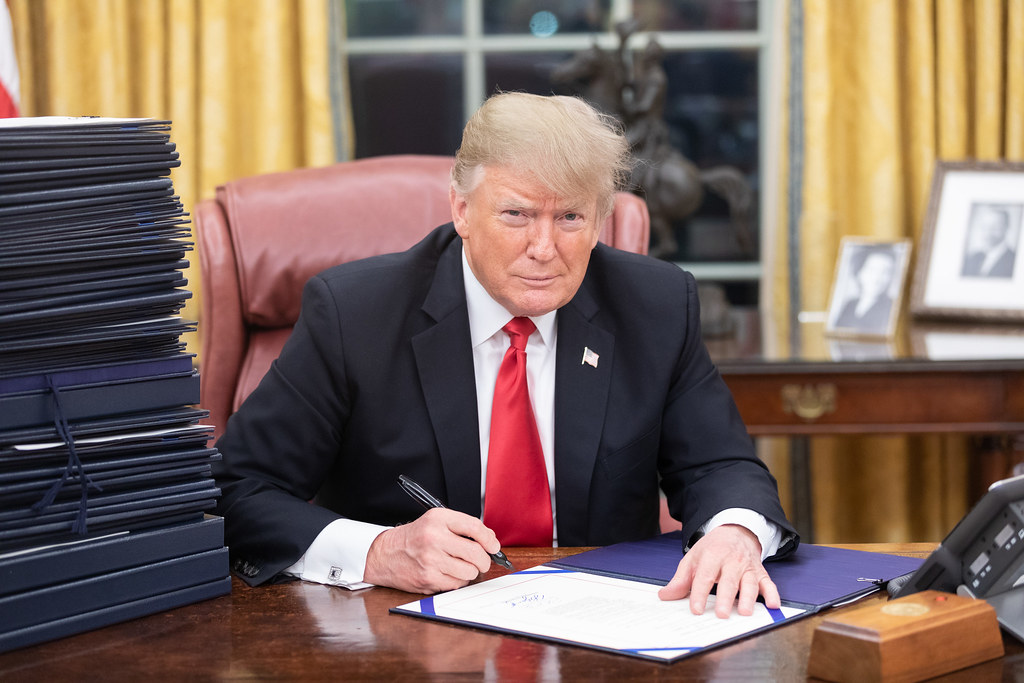Key Takeaways
• The New York Times says Trump is weaponizing justice for his own fights
• He pushed the Justice Department and FBI to target his critics
• New charges hit New York Attorney General Letitia James after she sued him
• Trump replaced honest prosecutors with loyal allies who obey him
What Weaponizing Justice Means
Weaponizing justice means using courts and charges as tools against your opponents. Instead of treating people fairly, you attack those who oppose you. In this case, critics say the president bends the legal system to hurt his enemies.
How This Latest Case Unfolded
Last week, the Justice Department charged New York Attorney General Letitia James with alleged bank fraud. She once won a lawsuit against the former president for lying in a business deal. Soon after her victory, Trump’s team shifted focus and went after her.
In addition, the president forced out the U.S. attorney who refused to bring charges against James. Then he asked a friend, who had no trial record, to lead the case. Many see this as a clear sign of weaponizing justice.
Why Replacing Career Prosecutors Matters
First, career prosecutors follow long-standing rules and ethics. They cannot bow to political whims. However, the president removed a respected prosecutor in Virginia after that person said no. As a result, someone with no real criminal work now handles the case. This move worries many who value a fair system.
How Loyalists Filled Key Roles
Furthermore, the president filled the Justice Department and FBI with his allies. He dismissed agents who looked into corruption. He also warned lawyers not to cross him, even in private messages. That environment makes it harder to trust legal decisions.
In fact, he even pressured a state attorney general to back his picks. He then asked that loyalist to indict former FBI Director James Comey. This same team brought charges against Comey on September 25.
The Pattern of Personal Vendettas
Moreover, these actions show a pattern. The president targets people who have spoken out against him. He forces investigations for personal gain, not public safety. This approach beats down critics and scares others into silence.
At the same time, ordinary Americans feel uneasy. They wonder if they, too, could face charges if they step out of line. Democracy works only if people can speak up without fear.
How the Editorial Warns of Danger
In its sharp editorial, the New York Times board warned that America faces a risky moment. When leaders use legal power for private scores, no one is safe. They wrote that federal enforcers now serve personal interests instead of the Constitution.
Meanwhile, the story highlights how courts should stay above politics. Otherwise, the justice system loses its purpose. Public trust lies at the heart of fair trials. Once that trust breaks, it is hard to repair.
The Impact on Future Cases
Looking ahead, other officials may think twice before probing the president or his allies. This chilling effect could block honest investigations. Additionally, lawyers might refuse cases against powerful figures, fearing backlash.
Therefore, the board urged Americans to care about this threat. If weaponizing justice goes unchecked, the rule of law could vanish. That would reshape how the country handles crimes and disputes.
How Citizens Can Respond
First, people should stay informed and speak out. Voting matters, but so does holding leaders accountable every day. Second, supporting watchdog groups can boost honest oversight. Finally, telling lawmakers to defend independent prosecutions helps stop abuse.
By pushing for transparent rules and strong ethics, the public can keep justice fair. History shows that unchecked power often leads to darker times.
Why It Feels Personal
For many, this struggle brings back memories of past conflicts. Leaders who attack critics cast a shadow over freedom of speech. When courts serve power instead of truth, everyone loses.
In addition, the idea that a president can order arrests sends chills. Citizens fear the justice system might betray them. That fear alone can silence vital debates and slow progress.
The Core Lesson
Ultimately, the New York Times editorial sounds a clear alarm. It reminds us that no one is above the law, not even the president. When legal tools become weapons, the justice system erodes from within.
We must guard our courts and prosecutors. We must demand transparent processes. Only then can America keep its promise of fairness and equality under the law.
Keeping Justice Safe
To protect our justice system, we need checks and balances. Congress can hold hearings. Judges can speak out. Media can shed light on shady moves. And most of all, voters must remember these issues at the ballot box.
Meanwhile, ordinary citizens can follow trials and share facts. They can ask tough questions of their leaders. They can call for independent investigations. All these actions help prevent weaponizing justice.
A Call to Action
Now is the time for action. If we stay silent, the trend may grow worse. But if enough people speak up, we can strengthen our legal foundations. Therefore, every voice counts in preserving a fair system for all.
Frequently Asked Questions
What does weaponizing justice mean in this situation?
It means using legal power to punish political opponents rather than enforcing laws fairly.
Why is replacing career prosecutors with loyalists dangerous?
Loyalists may follow orders that serve personal interests, not the public good or the law.
How can Americans push back against these tactics?
They can stay informed, support independent watchdogs, and pressure lawmakers to ensure accountability.
What happens if the justice system loses public trust?
Without trust, citizens may fear the legal system and stop reporting crimes or challenging wrongdoing.
